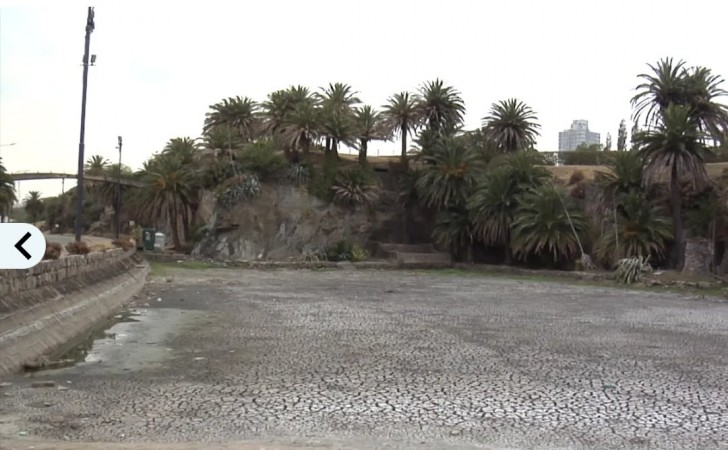The three grounds and sexual discrimination are two of the thorniest issues in the Penal Code project; both related to the protection of human rights
The controversial project to modify the Penal Code must overcome four obstacles to be approved in the Chamber of Deputiesand for which according to article 112 of the Constitution it will need two thirds of the votes to approve an organic law, if it includes the three causes.
That the Dominican Penal Code only recognizes abortion, and a just cause to interrupt the abortion when the life of the pregnant woman is in danger, for health reasons and other circumstances provided for in articles 111 to 113 of the project. Likewise, the reform of the Criminal Code must decide whether or not to establish the sanction for discrimination based on gender and sexual preference, figure that in the initiative approved by the Senate of the Republic remains unpunished.
In the hands of the 178 territorial deputies is the approval of the Criminal Code, to include the sanction of more than 60 crimes and crimes that are not currently penalized and increase the sentence for criminal types that are currently considered horrendous.
The project approved in the Senate of the Republic, on February 14, only admits abortion when the life of the woman is in danger, rejecting the other two grounds for abortion, that is, in the case of rape or determine that the fetus is incompatible with life.
The president of the Chamber of Deputies, Alfredo Pacheco, the president of the Justice Commission of this legislative body, Alexis Jiménez, as well as the spokesman for the ruling Modern Revolutionary Party (PRM), Julito Fulcarare the three key pieces for the penal reform to advance or rebound, after the senators approved it in second reading.
Deputy Alexis Jiménez declared that they are committed to the approval of the Penal Code.
He understands that now the Code may have a better chance of passing, but anticipates that there will be a great debate with the project that was reintroduced in the recent Extraordinary Legislature that concluded on February 15.
summit articles
Articles 185 to 187, relating to sexual orientation and discrimination, are believed to be the most difficult in the Chamber of Deputies.

















